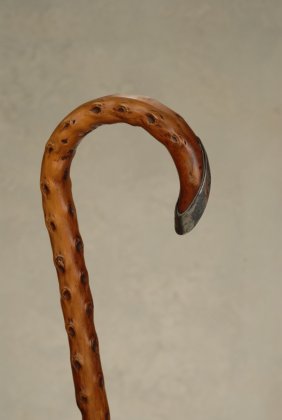15.1b: Most distressfully (but, my dear, how successfully!) to wail he did...
15.1c: Yawn in a semiswoon lay awailing and (hooh!) what helpings...
[last] [fweb-toc] [fweet] [finwake] [theall] [pgs]
FDV: "Lowly, longly a wail went forth. Pure Yawn lay low. In the mead
of the hillock he lay, the brief wallet by his side, one hand still loosely
on his staff of citron wood." →
"Lowly, longly a wail went forth. Pure Yawn lay low. On the mead
of the hillock he lay, the brief wallet by his side, one arm still loosely
on his staff of citron briar."
synopsis: Yawn sleeps in the landscape — he sighs, he wails
Lowly, longly, a wail went forth.
Penguin omits 2nd comma
Pure Yawn lay low.
Irish Sheain: John (vocative; pronunciation 'Yawn')
to lay low = to knock down/out [wkt]
On the mead of the hillock lay,
mead = meadow
mead = alcoholic drink made by fermenting honey and water
(he) lay
heartsoul dormant mid shadowed landshape,
in Egyptian theology, the heart-soul (ba) and the shadow (khaibit) were two constituents of a man's soul (discussed in Book of the Dead cxlvi-cxlviii, cc-cci, and elsewhere)
dormant = sleeping, hibernating
amid
landscape
(what shape is this landshape?)
brief wallet to his side, and arm loose,
brief = short written message [wkt]
briefcase, cf German Brieftasche: wallet (literally 'letter bag')
"loose" = not held close to his side? relaxed?
harmless??
by his staff of citron briar,
 |
| citron wood |
 |
| briar wood |
tradition stick-pass-on.
cane traditionally passed down? (aboriginal ceremony?)
did HCE pass it to Shaun?
stick a (railroad) pass on it?
(it sounds a little like a spoonerism: pickstation? patrickstan?)
cf?? fw27: "Where misties swaddlum, where misches lodge none, where mystries pour kind on, O sleepy! So be yet!"
His dream monologue was over, of cause,
dream monologue = mental rehearsal of planned speech? (Stephen does a lot of this in Ulysses 1-3)
of course
for cause
cause/effect
dream/drama
monologue/polylogue
but his drama parapolylogic had yet to be, affact.
'para-' from Ancient Greek παρά (pará, “beside; next to, near, from; against, contrary to”) [wkt]
paralogism: false reasoning of which reasoner is unconscious
archaic polylogy: much speaking, loquacity, garrulousness
'affacciate' (Italian) = you all are showing
in fact
affect
[next]